Part 3: Keep hydrated – reduce plastic waste
In our article about carpets, it already became clear that the event industry, like most industries, should focus heavily on waste management, in order to reduce filling up landfill sites with perfectly re-useable materials. At ACS we are not only looking at what we can do on a corporate level to reduce waste, but also on an individual level.
When building large temporary conference rooms, it involves a lot of extremely hard-working people. Men and women who work long days to build the beautiful and comfortable halls visitors will eventually get to enjoy. During this hard work it is important that everyone stays hydrated. Traditionally, this is done by using a lot of single-use plastic bottles. It is hard to estimate exactly how many are used because of a large number of variables. However, anyone who has ever witnessed the building-up phase of a congress has probably noticed the large piles of plastic bottles ending up in the trash after a single-use. What is known is that every year up to 8 million tons of plastic ends up in the ocean where it will never be fully broken down. It will deteriorate into smaller pieces, but will then enter into the food chain. These numbers are staggering to say the least. Single-use water bottles are a part of this enormous mountain of waste. This is especially unfortunate, considering that tap water in Europe is of extraordinary high-quality and therefore branded bottled water does not need to be consumed.
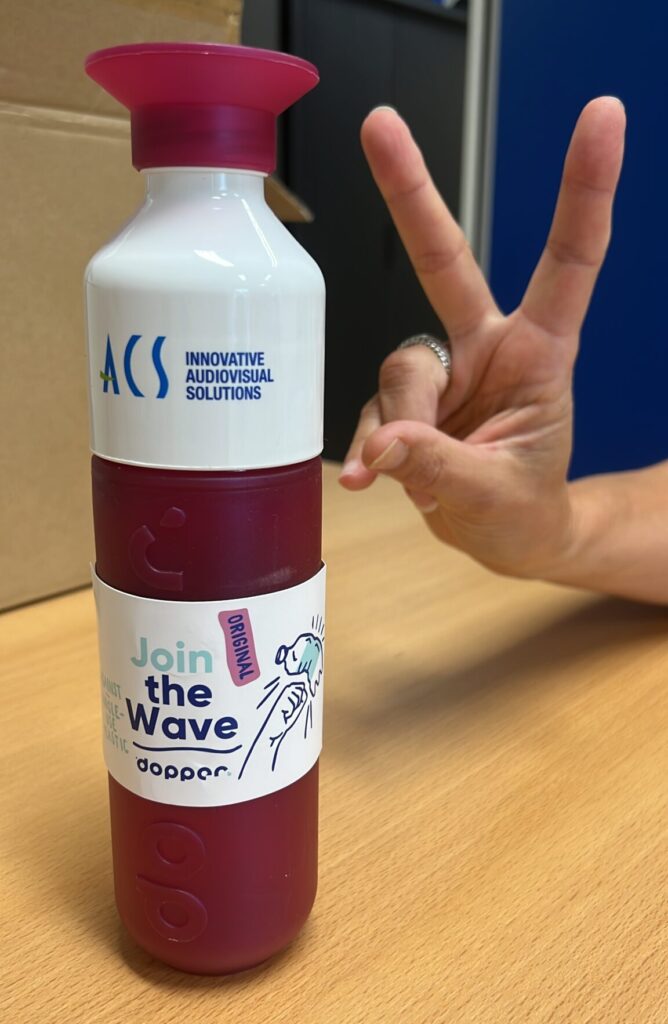
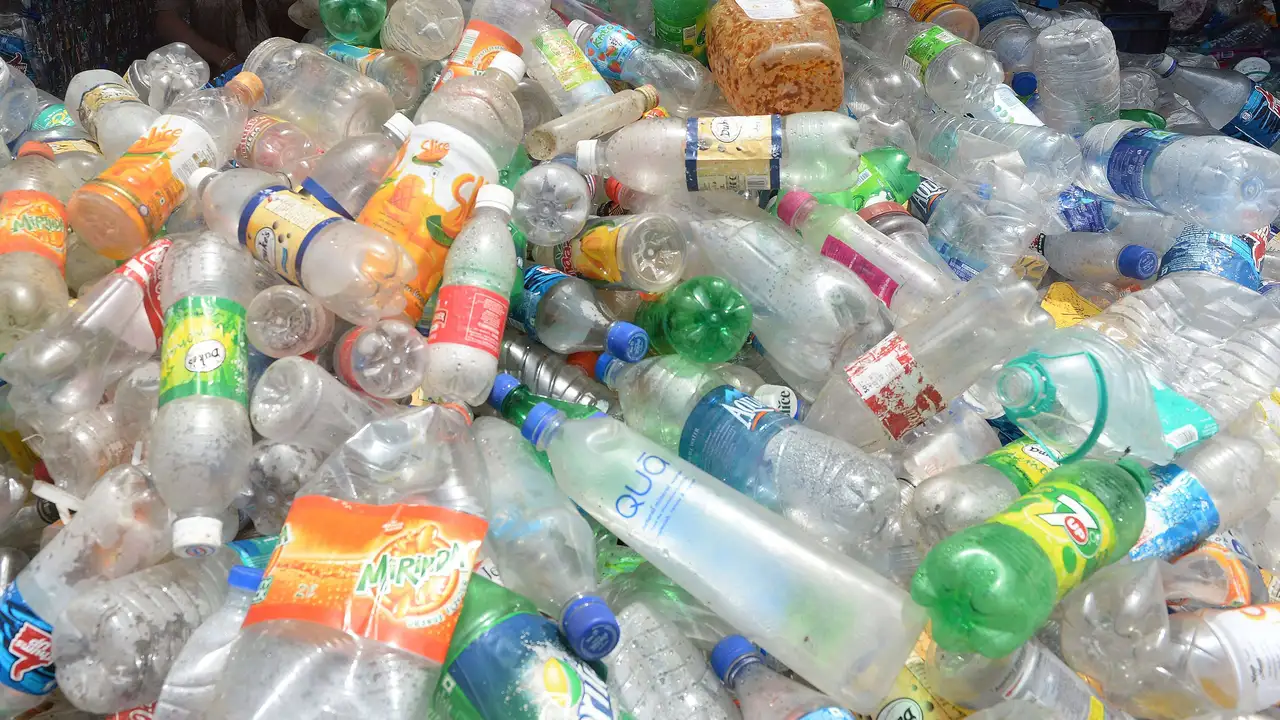
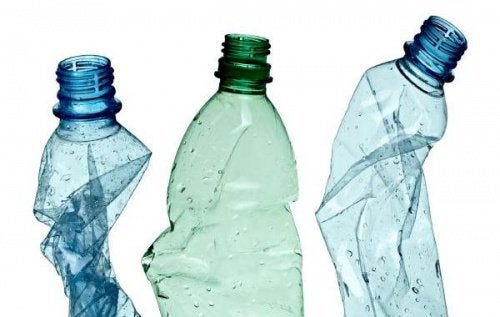
This is exactly the philosophy of the bottle company Dopper. According to their research, every minute 1 million single-use plastic bottles are sold worldwide! Dopper is fighting this accumulating problem by challenging any excuse to keep buying these highly polluting single-use plastic bottles. According to estimates every Dopper bottle prevents 40 single-use plastic bottles a year from entering our ocean. The Dopper bottles are certified as fully circular, so no new plastic has been used in their production. They are actively investing in education programs that make people aware of the magnitude of the problem. Dopper also invests in clean tap water projects in Nepal. Lastly, Dopper is a certified B Corp, which is one of the highest standards a company can have in terms of doing ethical business.
Part 2: LED there be light
The original light bulb was not a light source. It was in fact a heating element that also emitted some light.
This was actually a frequently referred to joke, because light sources were so inefficient, they generated more heat than light. Traditional incandescent light bulbs only transferred 20% of the energy used into light. The other 80% of the electricity was lost as heat. Luckily, we have come a long way since these first light sources and related initial efficiency numbers. These days, Light Emitting Diodes or LED use about 85% less electricity than conventional bulbs. Hopefully this immediately illustrates why choosing your light source is an important part of any sustainability strategy. Until recently however, LED applications were fairly limited in terms of light color and direction, but the range of possibilities are rapidly becoming the new standard.
Huge energy savings are not the only reason why LED should be the light source of choice for private and business applications. LED light sources have significantly longer expected life spans – in other words less replacements are needed, which saves the energy of both production and end of life processing. In reality LED is one of the best sustainability investments any individual or businesses can make, both in terms of kgs of C02 saved in production emissions and the energy needed to illuminate them.
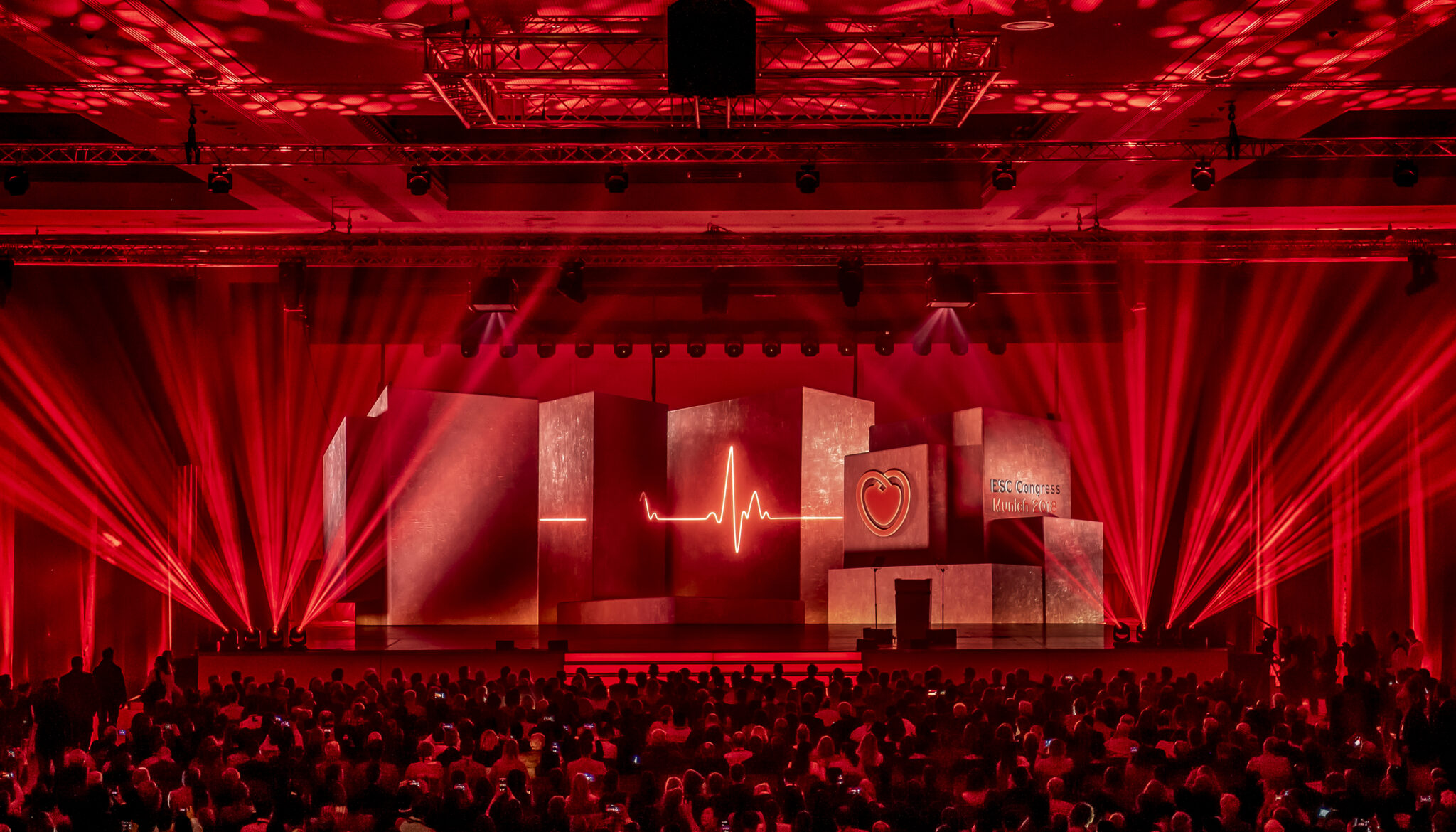

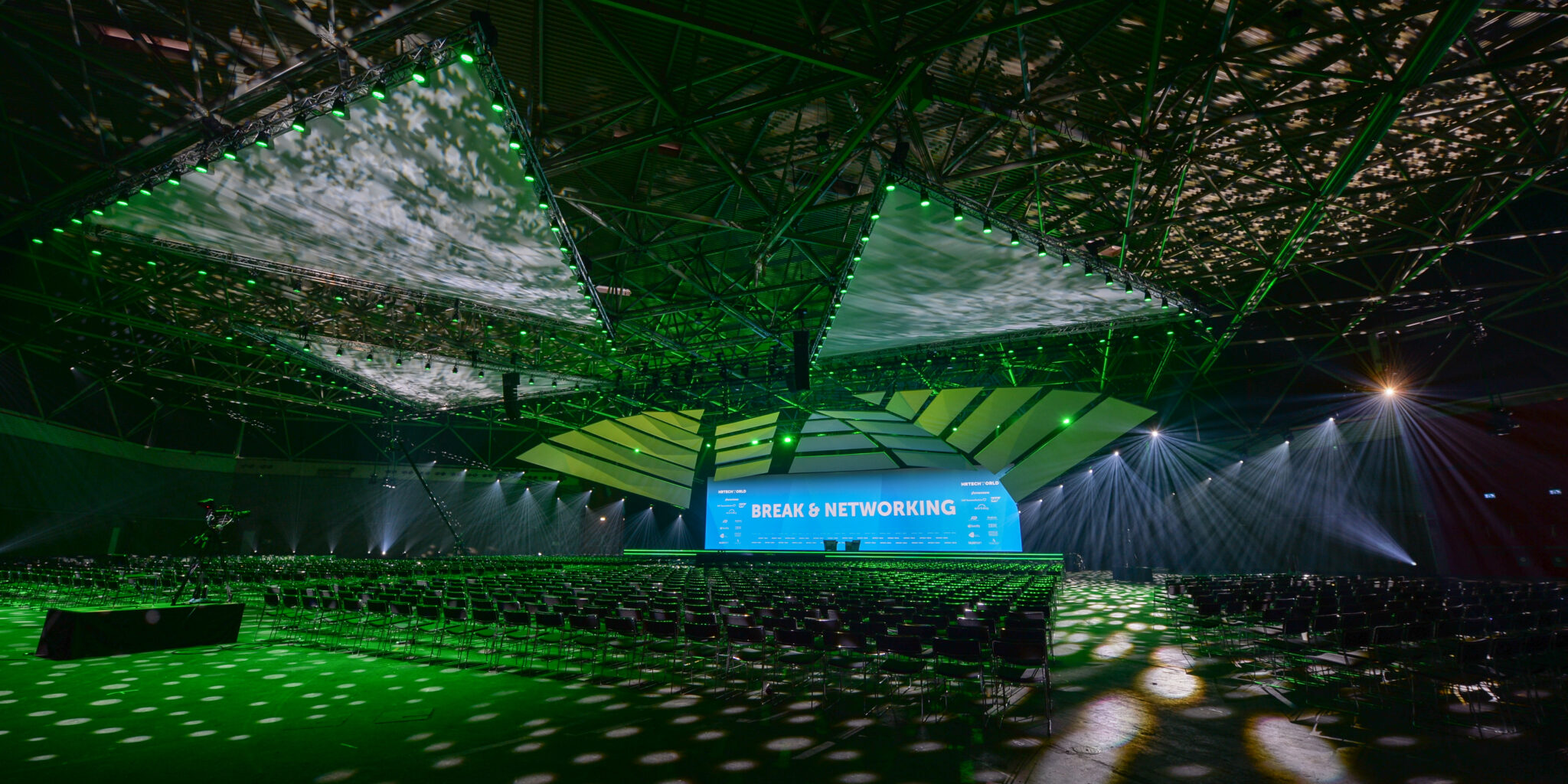
You might think; switching to solar panels or another sustainable energy source has a much bigger impact than switching to LED. This is true in relation to the significantly higher amount of investments made in this sector, but also means considerably more costs are needed to implement. Concluding that LED is clearly the sustainability ROI winner. However, to truly become more sustainable the initial step is to find ways to reduce energy use, rather than looking for ways to make more energy in sustainable ways.
ACS helps clients with this by providing more efficient light sources, which require less electricity. This also means that clients need to buy less energy due to the energy efficient equipment we install. Get in touch to see how we can help you make your next event more sustainable.
